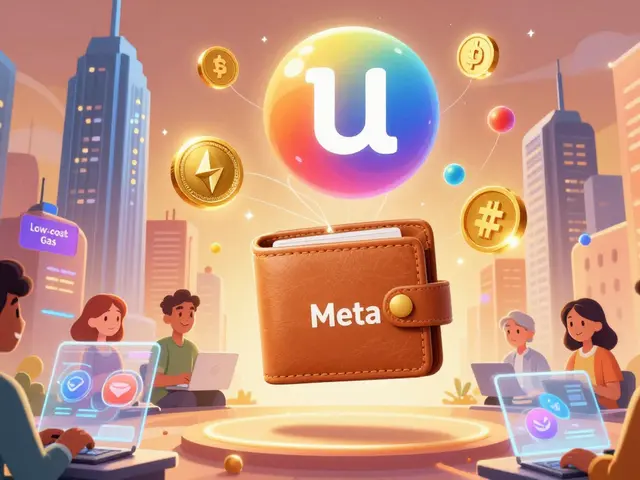Bangladesh hit a record $30 billion in remittances in 2025, but crypto remains banned. Learn how mobile apps like bKash are replacing informal systems - and why the central bank refuses to allow Bitcoin or Ethereum.
bKash remittance: How Crypto Is Changing Money Transfers in Bangladesh
When you send money to family in Bangladesh, you’re likely using bKash remittance, a mobile financial service that lets users send, receive, and store money via phone without a bank account. It’s the backbone of daily finance for over 50 million people in Bangladesh, handling billions in transactions every year. But here’s the twist: while bKash is fast and convenient, it’s still tied to local banks, high fees, and government oversight. That’s where crypto starts to look like a real alternative.
crypto remittance, the use of blockchain-based currencies like Bitcoin or USDT to send money across borders is quietly growing in Bangladesh. People are bypassing traditional systems by converting local taka to stablecoins via peer-to-peer exchanges, then sending them instantly to wallets overseas. No middlemen. No waiting days. Fees under 1%. This isn’t theory—it’s happening in Dhaka basements and Chittagong markets right now. And it’s not just for techies. Grandparents are learning to use WhatsApp to get QR codes for crypto payouts from their kids in the UAE or Malaysia.
What makes this shift possible? digital remittance, the broader trend of replacing physical cash and bank wires with digital, app-based transfers is already here. bKash proved that people will adopt mobile money if it’s simple. Crypto just takes it further—no need for a local agent, no currency conversion delays, no limits on how much you can send. The real power? peer-to-peer payments, direct transfers between individuals without intermediaries let people avoid the fees banks and remittance giants like Western Union charge. In Bangladesh, where over 10% of GDP comes from remittances, saving even 3% per transaction means billions back in people’s pockets.
You won’t find bKash officially accepting crypto. But you’ll find people using it anyway. They trade taka for USDT on LocalBitcoins or Paxful, then send the stablecoin to a wallet abroad. The recipient cashes out through a local exchange or trusted contact. It’s messy. It’s unofficial. But it works. And it’s growing because the system it’s replacing is slow, expensive, and rigid.
What’s next? More people will start blending bKash and crypto. Imagine topping up your bKash wallet with crypto via a trusted local vendor. Or using a crypto-based remittance app that auto-converts USDT to bKash on arrival. The infrastructure is already there—mobile phones, internet access, trust networks. All that’s missing is official recognition. Until then, the real innovation isn’t happening in boardrooms. It’s happening in phone chats, in midnight trades, in quiet corners where people just want to send money home without losing half of it.
Below, you’ll find real stories, deep dives, and warnings about crypto’s role in remittance—what’s working, what’s risky, and what’s just hype. No fluff. Just what you need to know to move money smarter.
 19
Nov
19
Nov




